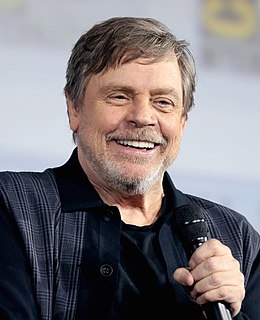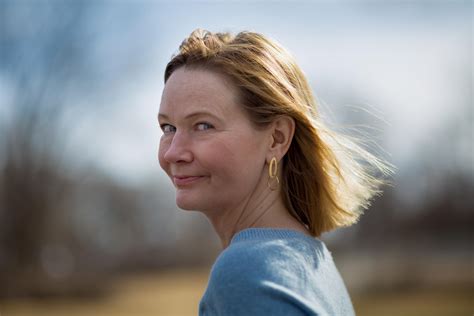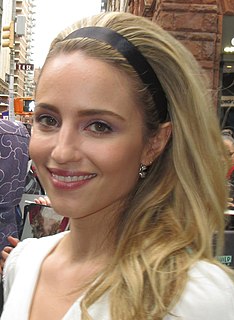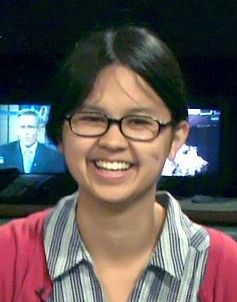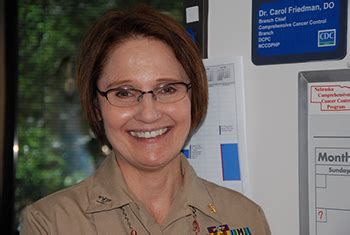A Quote by Win Butler
I always find live shows on film kind of boring. Even my favorite ones, I kinda zone out for most of it. It's just so different seeing a band in the flesh and then watching a film of it, even if you have a hundred cameras and it's shot from every angle. There's just a communal, visceral thing that never translates very well.
Related Quotes
Well, the experience for me making a film is the most profound one. I really don’t have any business watching the movie so much. Maybe I could watch it for entertainment purposes, but you have so little input and control of the final product once you’re done that I feel like I just would rather leave it alone. It kind of leaves me in a place where every film I do, I’m kind of having to reinvent and figure out how to start again fresh, and hopefully not repeat myself.
While I was writing the book, I went to see Louise Brooks's most famous film, Pandora's Box, at the Tivoli in Kansas City, and it was a lovely experience. You can watch old silent films on DVD or even on YouTube, but it was a different feeling watching her up on the big screen, seeing the film the way people saw it all those years ago.
If I'm ever working on a set and anyone talks about a master shot, I say there is no master shot. Before I even went to film school, I learned about movies by being in a British feature film, where everything was shot master shot, mid-shot, close-up. But I reject the idea of a master shot. You don't shoot everything mechanically; you find imaginative ways that serve the action.
The thing about acting is even if you get technically more skilled at what you do, every time you begin a film or a play you're terrified. You don't know if you're going to pull it off. Every film and every story has its own set of challenges. I've never felt like, oh yeah, that's it, nailed it! You can never sit and rest. That's why it's such an exciting job. It's beginning again every time you begin again. New story, new character, new place, new time, new director. It's like moving to a different planet and trying to figure out how to live there.
Rain Man certainly didn't test really well. If you look at it carefully, you have a disease autism they didn't understand back then, they didn't know in the test audience whether it's okay to laugh or not laugh, because it's a film that's done in a way where, "Well, maybe I'm not supposed to laugh." At the end of the film, Dustin Hoffman gets on the train and doesn't even acknowledge his brother. Not even a glance, nothing. That's why the studio said, "Can't you just have him look at Tom Cruise at the end of the film?"
I'm not entirely comfortable saying I'm an actor, because it seems like a very weird, almost dorky thing to say you are. I laugh after every take just out of the discomfort I feel that I'm even on film. It's an awkward thing for me to be doing. Once we get going, it's always fine, and as we're shooting, I'm never thinking about it. I'd say that all my time in front of the camera is equally uncomfortable for me.
For film, you know, the Tarantinos and Nolans of the world who are very focused on a certain kind of film aesthetic and a certain kind of presentation, to be honest, that comes from a place of privilege. It comes from a place of always having access to such, but when you ain't never - you can't see it because you can't even get to it.
I'll generally write out every scene that's in the film on a couple of pieces of paper, just with a little one-line. And then I can scan it a bit and go, 'This first third of the film, generally, I'm kind of calm.' Then I might do something on one piece of paper that just relates to the energy of the character.



